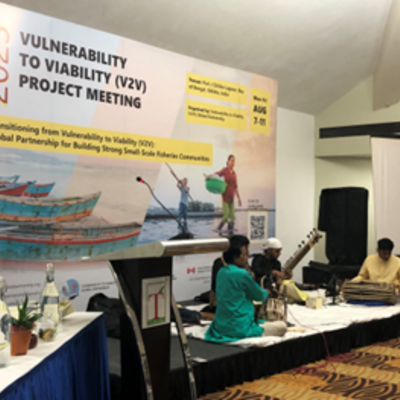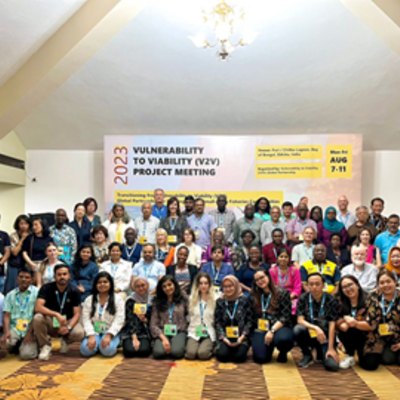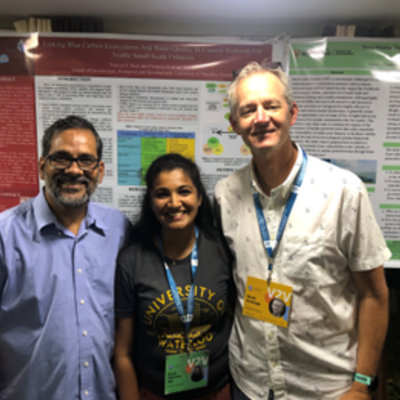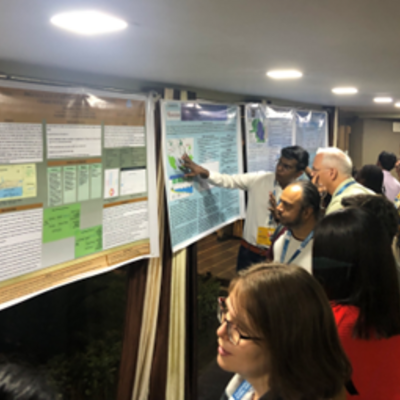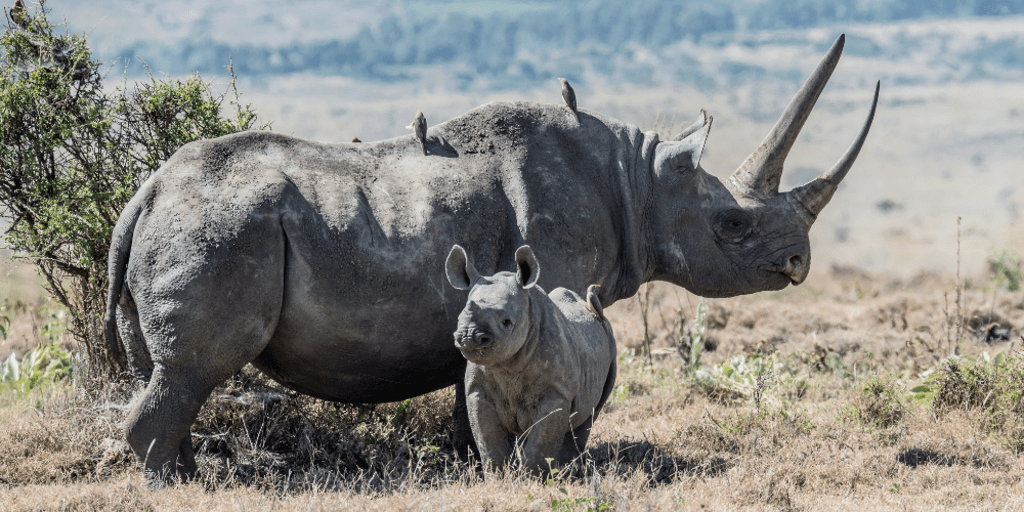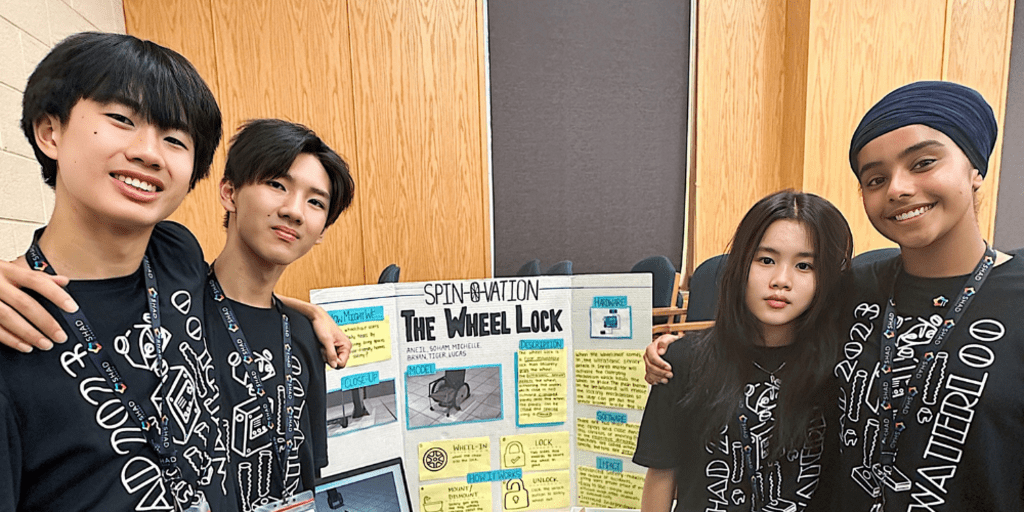Estimated reading time: 3 minutes
Earlier in August, a delegation from the Faculty of Environment travelled to Bhubaneswar and Puri, India, to build capacity on climate change initiatives and partnerships. Dean Bruce Frayne shares the highlights from the delegation’s activities, including hosting a Climate Change Workshop for Journalists and a weeklong research retreat.
Climate Change Workshop for Journalists
Held in Bhubaneswar, Odisha, India, from August 4-5, 2023, the aim of the Climate Change Workshop for Journalists was to increase awareness and capacity of journalists in reporting on key issues related to climate change and its impact on food security and migration.
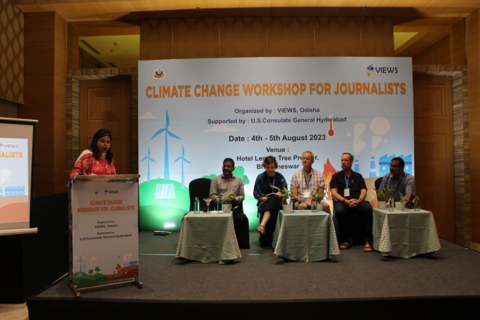
Dr. Philippa Cohen, Dr. Sisir Pradhan, Dr. Derek Armitage in SERS, Dr. Prateep Nayak in SEED and Dean Bruce Frayne.
Environment’s international cooperation strengthened in India
Sixty international participants shared research and collaborative institution-building activities at a week-long research retreat in Puri, India. Led by Environment’s V2V Global Research Partnership, this event provided opportunities for our faculty to learn more about several institutions and in particular, to deepen partnerships with the University of Cape Coast (Ghana), the University of Western Cape (South Africa), Diponegoro University (Indonesia) and with the Indian Institute of Technology, Kharagpur (India). These international partnerships are part of Environment’s ongoing international cooperation efforts to connect our core areas of research and teaching to like-minded institutions around the world, which are committed to improving the lives of our local and global communities.
This meeting also provided exciting opportunities for many Environment and other institutions’ students to travel to Puri and play key supportive roles, while also presenting their research in a poster session open to all participants. The event provided excellent networking opportunities for students to meet researchers, professors and consultants from around the world. This is an example of the tangible and rewarding ways in which international cooperation enriches the educational, career and personal lives of our students.
Experiential learning continues to flourish in India
The 12th Chilika Field School is underway this August in Odisha, India. Jointly hosted by Environment, the Indian Institute of Technology (IIT), Kharagpur, and the NGO NIRMAN, the field school attracts participants from around the world, with Environment students in key learning and organizational roles.
Supported by the Social Sciences and Humanities Research Council of Canada (SSHRC) and part of the V2V Global Research Partnership, this field school is an exemplary model for providing experiential learning to our students. In addition to expert-led lectures, being in the field provides a rich, localized learning experience, characterized by strong community interactions. Also of immense value is the opportunity for all participants to live and learn together with others from around the world. Chilika is a true ‘living lab’ and an example of our commitment to work with our international partners to build stable, cooperative and respectful relationships with communities that serve as experiential learning hubs not only for our students and faculty, but for all who are interested in working together for a better world.
This year's theme is Blue Justice and Coastal Livelihoods to Transition from Vulnerability to Viability.
